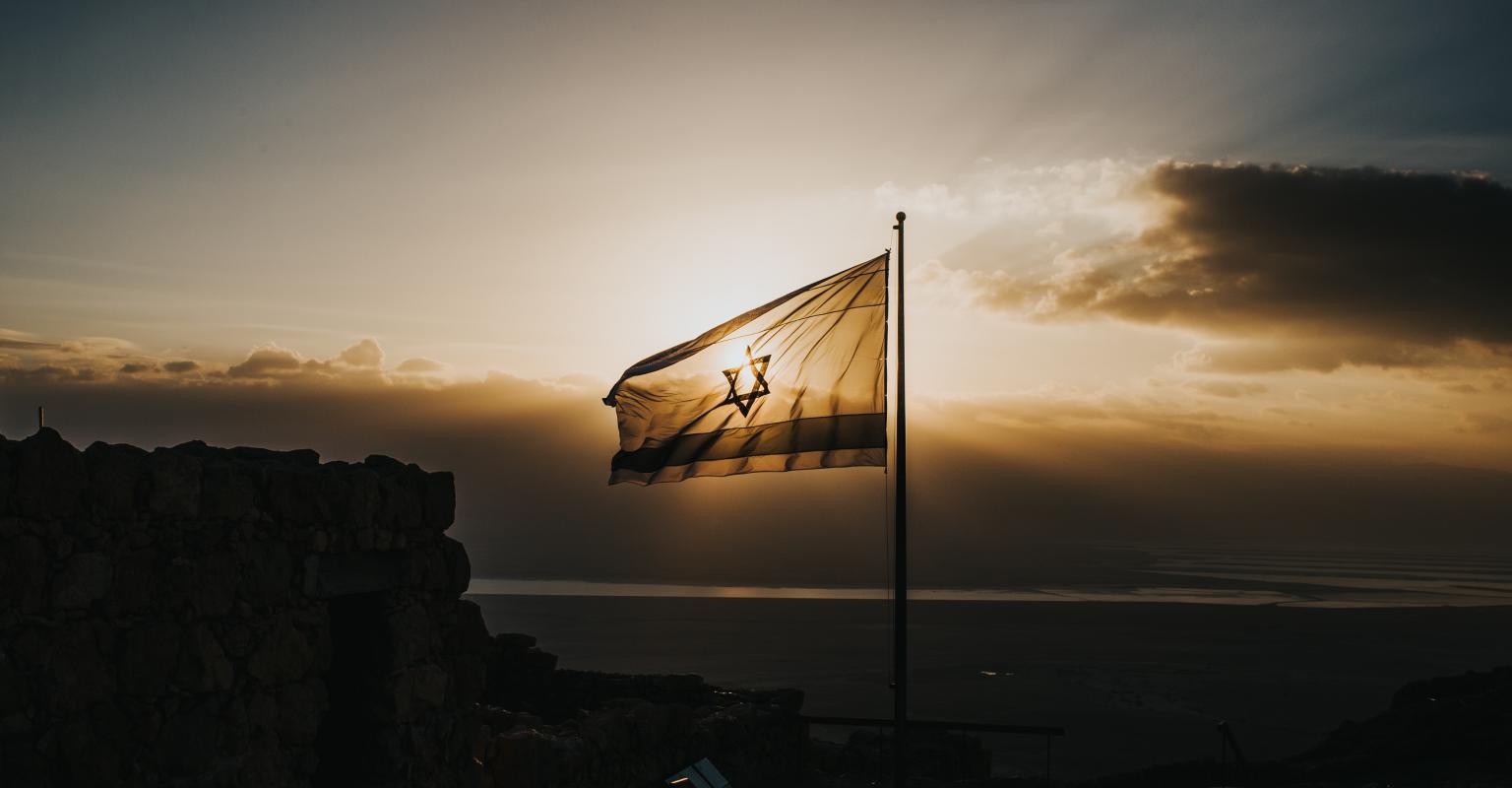The injunction, Bekhol dor vador chayav adam lir’ot et atzmo keilu hu yatzah mimitzrayim, “In every generation, each person is obligated to see themselves as if they had participated in the Exodus from Egypt,” is one of the most evocative lines in the Haggadah. It is a call to empathy, to feel the suffering and redemption of our ancient ancestors as our own. It is also a command to use the story to bring meaning into our own contexts, as we imagine ourselves being lifted out of despair and into freedom.
Every year, we see ourselves in this story in a different way—this is part of what makes the seder such a lasting and powerful ritual. This year, the reverberating trauma of October 7, ongoing war in Gaza, thousands of Israelis displaced from their homes, rising antisemitism, and weakening bonds of allyship around the world, give us new lenses for understanding the Exodus story. In some cases, the words of the Haggadah feel more relevant; in others, the Haggadah’s proclamations clash with reality. How can we celebrate a holiday of freedom when over 100 people are still held captive in Gaza? How do we call for all who are hungry to come eat at our tables when so many Israelis are not at their own seder tables and millions of Palestinians are on the brink of famine?
While there are no definitive answers to these questions, Passover is a time for us to reenter a generation-spanning conversation and envision ourselves anew in the Exodus story’s themes of persecution, resilience, and redemption. We encourage you to read In Every Generation: A Haggadah Supplement for 5784, developed by the Shalom Hartman Institute and inspired by Mishael Zion and Noam Zion’s Israeli Haggadah.
- 6 - 7
- 8 - 12
- Congregational Learning
- Teen Engagement
Discover more

An exciting blend of Passover resources and Haggadah Supplements to help your students connect with the themes of Passover.

Resources to help learners engage safely with the current crisis in Israel.

Turn your seder into an interactive, delightful, thoughtful and meaning-filled experience with this collection of activities for all ages.
